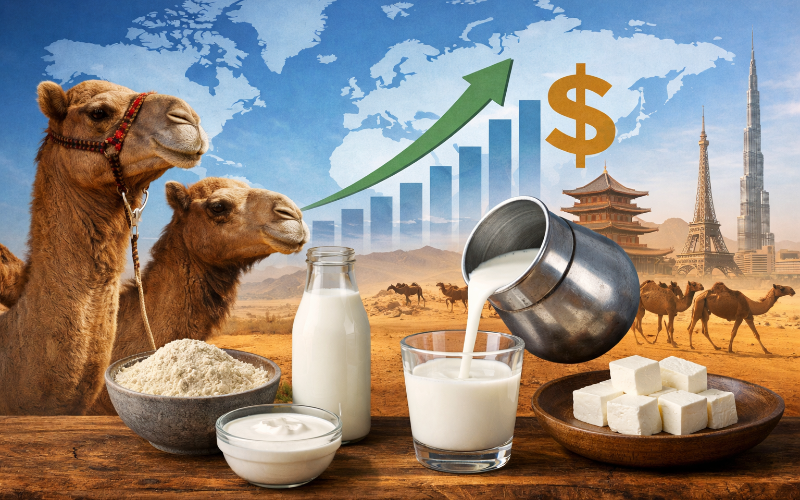Prices for Skimmed Milk Powder in Russia Continue to Rise: Traders Expect Further Increases

Global SMP prices climbed from $2,688 in August to $2,865 in September, with futures rising to $3,020 from $2,730 the previous month. In New Zealand, SMP prices increased to $2,800 compared to $2,539 in August.
Polyak noted that SMP reserves in Belarus were nearly exhausted by September, with around 20,000 tons sold since early August. A significant portion of this volume was sold on international markets, further pressuring prices.
A survey conducted among DairyTrader market participants showed that 34% of traders expect SMP prices to rise to 240-250 rubles per kilogram next month, 20% predict prices will remain in the 230-240 ruble range, and 13% believe prices may increase to 250-270 rubles per kilogram.
"Most market participants anticipate a gradual increase in prices in October to 230-250 rubles per kilogram. Currently, there are no factors suggesting a sharp price spike," said Polyak, adding that raw milk prices in Russia also rose from 38-40 rubles per kilogram in August to 42-44 rubles per kilogram in September.
The DairyTrader survey also revealed regional variations in raw milk prices: 20% of respondents reported prices of 42-45 rubles per kilogram, 18% cited prices of 38-40 rubles per kilogram, and 16% mentioned prices of 48-51 rubles per kilogram. Polyak emphasized that such price differences create competitive advantages for those able to purchase milk at lower prices.










